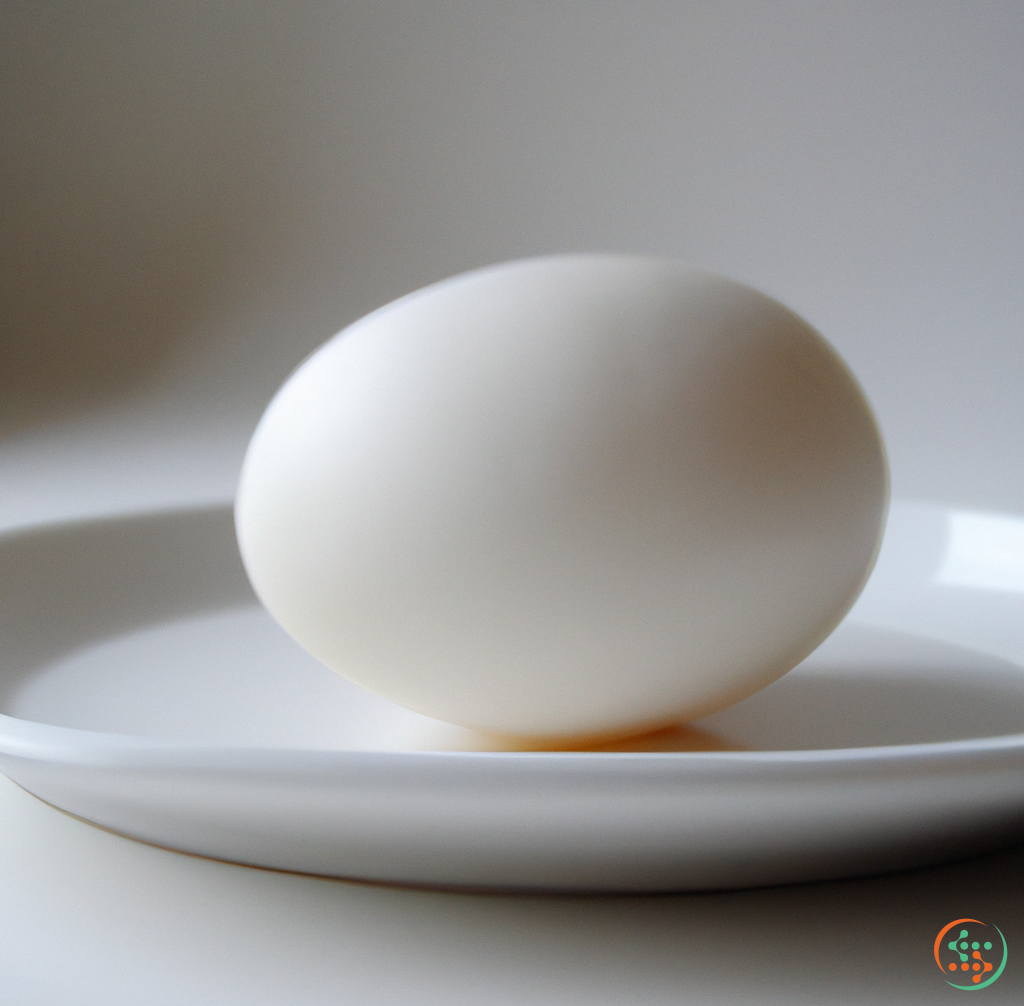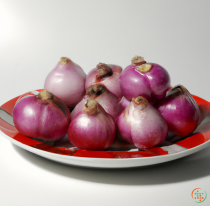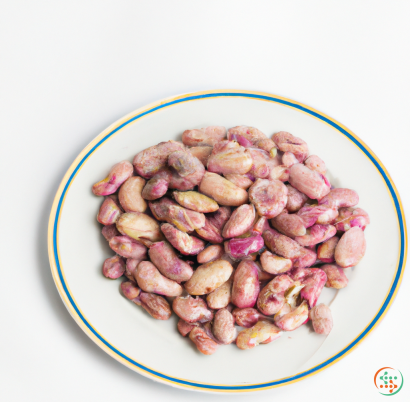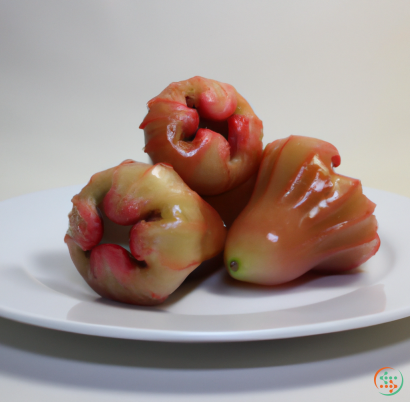Goose Egg
and how to look after them
Geese eggs are a unique type of egg to own and care for, and many people find that their unique qualities make them worth the effort. Whether you’re looking for something more special than chicken eggs or are interested in hatching a gosling, there’s a lot of work that goes into caring for geese eggs. In this post, we’ll cover everything you need to know about goose eggs, including what they are, how to identify them, and how to properly care for them.
What is a Goose Egg?
A goose egg is an egg laid by a goose. All goose eggs have a thick, hard shell that sets them apart from chicken eggs. They come in various colors, ranging from white to pink, yellow, and even blue-green. Goose eggs are usually larger than chicken eggs and can weigh up to six ounces. While the yolk is usually slightly larger than that of a chicken egg, it will also contain up to twice as much albumen (egg white).
How to Identify a Goose Egg
There are a few visual cues you can use to identify a goose egg. Most significantly, the surface of the shell tends to be quite pitted and grooved. A goose egg will also be larger than a chicken egg, with the circumference coming in at three and a quarter to four and a quarter inches. The size of the egg will also vary depending on the breed of the goose, with greater-bodied geese generally producing larger eggs. The texture of a goose egg is also different than that of a chicken egg - goose eggs are almost glossy and have a waxy appearance to them.
How to Care for Goose Eggs
When it comes to caring for goose eggs, there are a few key things to keep in mind. Most importantly, it’s vital to keep the eggs at a consistent temperature. For best results, maintain temperatures between 37 and 39 degrees Fahrenheit, with an ideal temperature of 38 degrees. It’s also important to keep the eggs safe from any potential threats, as goose eggs are delicate and can easily be damaged if dropped or knocked about.
If you plan to hatch your goose eggs, you’ll need to keep them at a slightly higher temperature - usually around 99.5 to 100 degrees Fahrenheit. Additionally, the eggs must be turned several times daily while in the incubator. Geese eggs require longer incubation time than chicken eggs, usually 33 days. It’s advisable to provide humidified air to the eggs while they incubate. It’s also important to monitor your eggs - if the embryo isn’t developing properly, don’t hesitate to discard the egg.
Once you’ve hatched your goslings, there are still a few steps to consider. It’s best to place the goslings in a brooder where they are protected from any potential drafts, rain, or predators. You should also provide them with a sufficient food supply and make sure to keep their water clean and free from contaminants. It’s also important to monitor the goslings - wild geese don’t fare very well in captivity and can become quite stressed if kept for too long.
In conclusion
Geese eggs are quite fascinating and make for an interesting backyard addition. From identifying a goose egg to properly caring for them once they’re hatched, there’s a lot to consider when it comes to caring for these beautiful eggs. With the right equipment and knowledge, however, geese eggs can make a fascinating addition to any home.
The Journey of a Goose Egg from its Creation to a Dinner Plate
Goose eggs play an important role in the culinary world and can be found in a variety of international cuisines. But where do these eggs come from and what journey do they take to reach a dinner plate? To answer this question, it’s important to understand the biology of the bird and the production of the egg, as well as exploring how the egg is transported and prepared for its destination.
The Anatomy of a Goose
In order to understand the production of a goose egg it is essential to begin by examining the anatomy of a goose. It is interesting to note that the most common species used for producing goose eggs are the Greylag and Chantecler geese. Both of these species are highly adaptable, present in many parts of the world, and easy to domesticate.
The anatomy of a goose starts with a chest that is protected by a muscular keel. Above the chest is the neck, which is protected by neck feathers called scapulae. The goose has two legs ending in webbed feet and a bill containing a variety of sensory receptors. Inside the goose's body is a complex organ system. It has an omasum-i which helps to break down fibrous plant material during digestion and it has an avian proventriculus (the gizzard) used to aid in digestion. Inside the goose's body is also an extensive duct system for delivering nutrients, transporting waste, and laying eggs.
The Production of a Goose Egg
Goose eggs are produced through a carefully timed process within the female's body. The event chain starts with the release of a yolk from the yolk sac into the reproductive tract. As the yolk moves through the oviduct it is enveloped with albumen, a glycoprotein-rich mucous membrane. The egg then passes by uterine glands which contribute additional layers that make up the eggshell.
In the next stage of production, the egg begins to form the characteristic white, or "bloom," surrounding the yolk. This white is created by a delicately timed release of hormones and proteins while the egg travels through the magnum. As the egg continues down the oviduct it enters the shell gland, or the uterus, where the eggshell is fully formed in a few hours.
After eggshell production is complete, the egg enters the isthmus where it is gradually filled with a creamy liquid referred to as "whites." In the process of filling its cream whites, the egg further travels through the shell gland, completing the sperm process.
Once the egg has completed both stages of the production process it is ready to be laid. The eggs are laid one at a time, with a gap of about 24 hours between each deposit. Most female geese will lay around 10 eggs each year.
Transporting the Egg
Once the eggs have been laid they are then moved through a variety of methods. Generally, goose eggs are collected at the farm, usually in cardboard boxes that are designed to keep them upright and safe during travel. The eggs are then transported to a specialized distributor or retailer who will store the eggs in carefully maintained coolers.
Once they have been properly stored, the eggs are then shipped to their final destination. This typically involves a series of truck and plane trips taken in order to get the eggs to their final destination, with careful regulation along the way to ensure proper temperature and humidity levels are maintained.
Preparing the Egg for the Dinner Plate
Once the eggs have reached their destination, a team of professionals will work to prepare them for the dinner plate. This process begins with a sanitizing bath that kills any bacteria or germs that may be present. Afterward, the eggs are either boiled or fried, depending on the dish for which they are being prepared. If the eggs are to be eaten whole, such as in traditional egg dishes, they are then boiled in water. Boiled eggs are generally cooked for 7 minutes in order to ensure thorough cooking without compromising the texture of the white and yolk.
If the eggs are to be fried, they are then heated in a large skillet with a smidge of oil. The goal is to create an evenly-fried egg that is cooked through but still maintains a soft yet custardy interior. Once done, the eggs are then placed on a plate with a bit of butter, salt, and pepper or other seasoning of choice.
Conclusion
Goose eggs have become an increasingly popular ingredient in many cuisines around the world. From their production to their transportation and preparation, goose eggs have gone through a long journey to reach their destination - the dinner plate. We’ve seen here how the anatomy of a goose affects egg production, how the eggs are transported and collected, and how they are prepared for consumption. Understanding the process of how a goose egg is created and travels to a dinner plate can help to appreciate the labour and effort that goes into making a delicious meal.
| Vitamin A | 0.187 mg | |
| Beta-Carotene | 0.013 mg | |
| Vitamin D | 0.0017 mg | |
| Vitamin D3 | 0.0017 mg | |
| Vitamin E | 0.00129 grams | |
| Vitamin K | 0.4 ug | |
| Vitamin B1 | 0.15 mg | |
| Vitamin B2 | 0.38 mg | |
| Vitamin B3 | 0.19 mg | |
| Vitamin B4 | 0.2634 grams | |
| Vitamin B5 | 0.00176 grams | |
| Vitamin B6 | 0.24 mg | |
| Vitamin B9 | 0.076 mg | |
| Vitamin B12 | 0.0051 mg |
| Calcium | 0.06 grams |
Daily Value 1.3 g
|
| Iron | 0.00364 grams |
Daily Value 0.018 g
|
| Magnesium | 0.016 grams |
Daily Value 0.4 g
|
| Phosphorus | 0.208 grams |
Daily Value 1.25 g
|
| Potassium | 0.21 grams |
Daily Value 4.7 g
|
| Sodium | 0.138 grams |
Daily Value 2.3 g
|
| Zinc | 0.00133 grams |
Daily Value 0.011 g
|
| Copper | 0.06 mg |
Daily Value 0.9 mg
|
| Manganese | 0.04 mg |
Daily Value 0.0023 g
|
| Selenium | 0.0369 mg |
Daily Value 0.055 mg
|
| Tryptophan | 0.282 grams | |
| Threonine | 0.797 grams | |
| Isoleucine | 0.647 grams | |
| Leucine | 1.188 grams | |
| Lysine | 1.03 grams | |
| Methionine | 0.624 grams | |
| Cystine | 0.309 grams | |
| Phenylalanine | 0.91 grams | |
| Tyrosine | 0.664 grams | |
| Valine | 0.958 grams | |
| Arginine | 0.828 grams | |
| Histidine | 0.346 grams | |
| Alanine | 0.683 grams | |
| Aspartic Acid | 0.841 grams | |
| Glutamic Acid | 1.937 grams | |
| Glycine | 0.457 grams | |
| Proline | 0.52 grams | |
| Serine | 1.043 grams |
| Total Sugars | 0.9 grams |
per 100g
|
| Myristic acid (14:0) | 0.05 grams |
|
| Palmitic acid (16:0) | 2.85 grams |
|
| Stearic acid (18:0) | 0.7 grams |
|
| Total Saturated fatty acids: | 3.6 g | |
| Oleic acid (18:1) | 5.35 grams |
|
| Palmitoleic acid (16:1) | 0.39 grams |
|
| Total Monounsaturated fatty acids: | 5.74 g | |
| Linolenic acid (18:3) | 0.55 grams |
|
| Linoleic acid (18:2) | 0.68 grams |
|
| Total Polyunsaturated fatty acids: | 1.23 g | |
| Cholesterol | 0.85 grams |
|
| Total Sterols: | 0.85 g | |







